How to Improve Gum Health Quickly: 10 Easy Tips for Success
Want to know how to improve gum health quickly? Explore our comprehensive guide with practical tips, diet changes, and natural solutions for healthier gums.
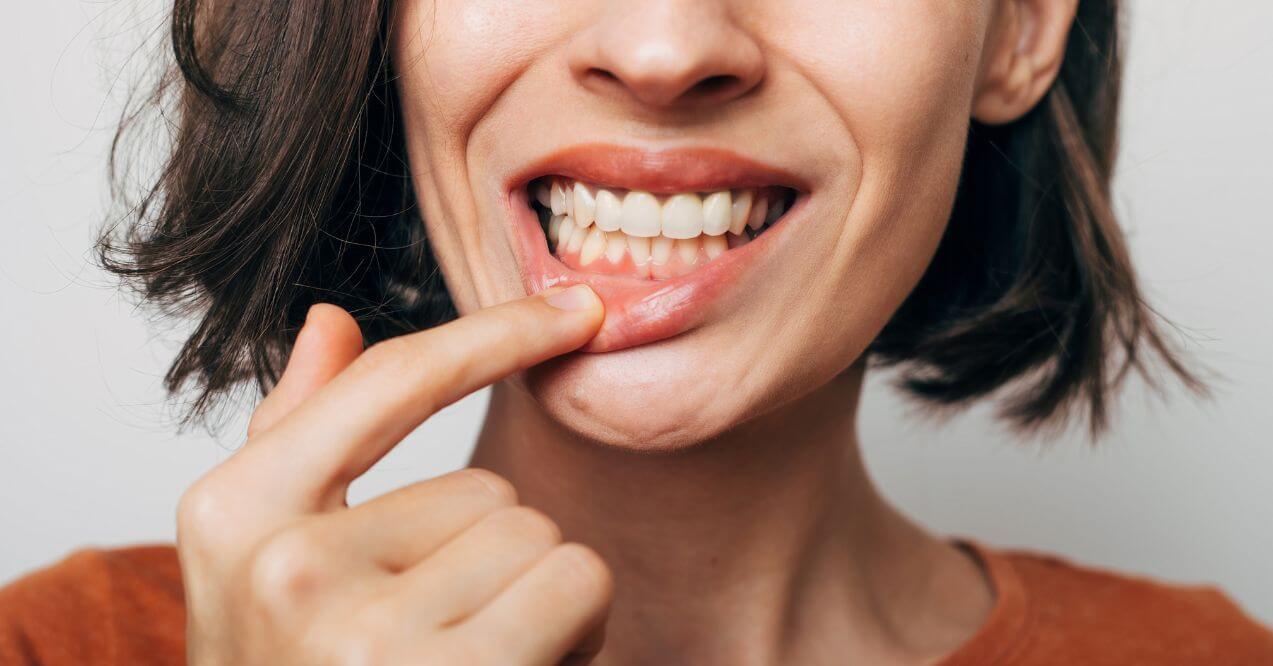

Healthy gums are the foundation of a confident smile and overall oral wellness. Ignoring gum health can lead to discomfort and long-term challenges, but the good news is that you can take steps to improve it quickly. Whether you’re noticing early signs of gum issues or simply want to maintain strong, healthy gums, understanding how to improve gum health quickly is essential.
This blog guide provides easy tips to help you support gum wellness, make meaningful lifestyle changes, and incorporate holistic solutions into your daily routine. Let’s explore practical, effective ways to revitalize your gum health starting today!
Why Healthy Gums Matter?
Gum health is about more than just your smile – it’s connected to your overall well-being. Studies show that unhealthy gums may increase the risk of heart problems and diabetes. Inflammation caused by gum disease can spread through your body, impacting your health in unexpected ways.
Strong gums create a barrier that helps keep harmful bacteria out of your bloodstream. Reducing inflammation supports not only your gum health but also your body’s natural balance. By caring for your gums, you take an important step toward improving both your oral and overall health.
What is Gum Disease?
Gum disease begins when plaque builds up along your gumline, leading to unhealthy gums. This condition develops in two main stages:
- Gingivitis is the early stage where gums become red, swollen, and tender. At this point, the changes are still reversible with proper care. The good news is that improving your oral hygiene can help restore gum health at this stage.
- Periodontitis develops when gingivitis isn’t addressed. During this advanced stage, the gums pull away from teeth, creating pockets where harmful bacteria thrive. This can weaken the supporting bone and soft tissues, potentially leading to tooth loss if left unmanaged.
Signs of Unhealthy Gums and Gum Recession
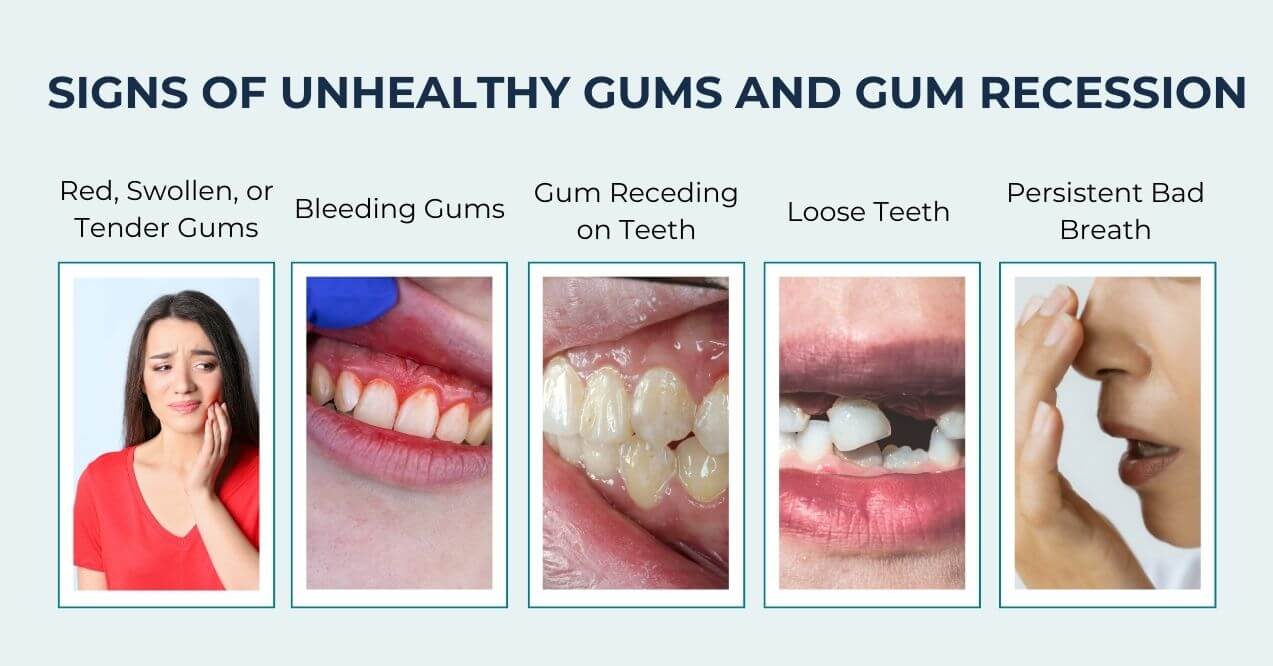
Recognizing the signs of unhealthy gums is essential for taking action early. Common indicators include:
- Red, swollen, or tender gums – These are often the first signs of gum irritation or inflammation.
- Bleeding gums – Noticing blood while brushing or flossing can signal gum problems.
- Gum receding on one tooth or multiple teeth – Gum recession occurs when the gum tissue pulls back, exposing more of the tooth. It’s often caused by aggressive brushing, plaque buildup, or misaligned teeth.
- Loose teeth – Advanced gum disease can weaken the support around your teeth.
- Persistent bad breath – Lingering odor may result from bacteria thriving below the gumline.
In some cases, oral health issues can affect areas beyond your mouth. Wondering, can a tooth infection cause swollen lymph nodes? Yes, when bacteria build up in your gums or around a tooth, your lymph nodes might become tender or swollen as your body responds to the infection. This is why paying attention to early warning signs of gum problems is crucial.
How to Improve Gum Health Quickly
Taking steps to improve your gum health can make a difference, but even quick actions require consistent effort to show results. If you wonder how to improve gum health quickly, start with simple habits you can implement daily.
1. Brushing Techniques
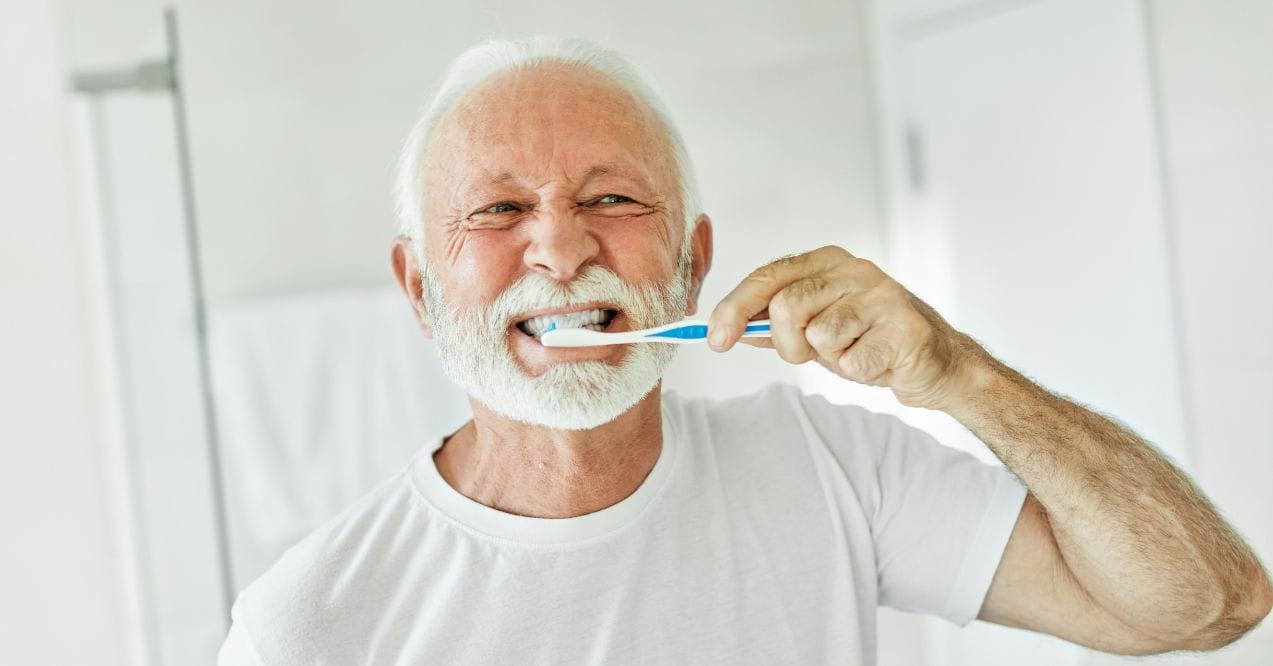
The way you brush matters more than you might think. Use a soft-bristled toothbrush and hold it at a 45-degree angle to your gums. Make gentle circular motions rather than aggressive back-and-forth scrubbing. Brush for two full minutes, twice daily, paying special attention to your gumline.
Take time to clean every surface, including the often-missed backs of your teeth. Replace your toothbrush every three months or sooner if the bristles start to fray.
2. Flossing and Interdental Cleaning
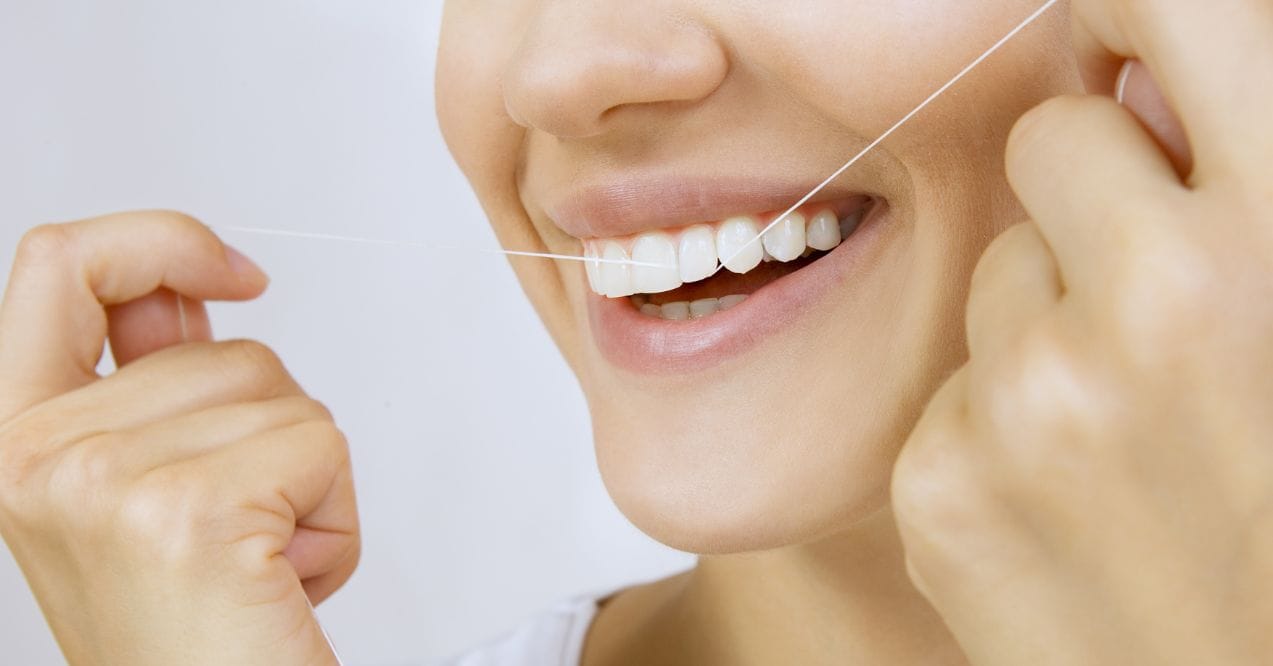
Learning how to improve gum health also includes mastering proper flossing technique. Wrap the floss in a C-shape around each tooth, gently sliding it up and down along the sides. Move the floss carefully beneath the gumline, but avoid snapping it against your gums.
Can’t manage traditional floss? Try interdental brushes – these tiny brushes fit between teeth and can be easier to handle than string floss.
Choosing the Right Tools and Techniques
Consider upgrading to an electric toothbrush with pressure sensors to avoid brushing too hard. For flossing, explore options like:
- Waxed floss for tight spaces
- Wider dental tape for larger gaps
- Floss picks for easier handling
- Water flossers for a gentle yet effective clean
3. Rinsing with Antibacterial Mouthwash
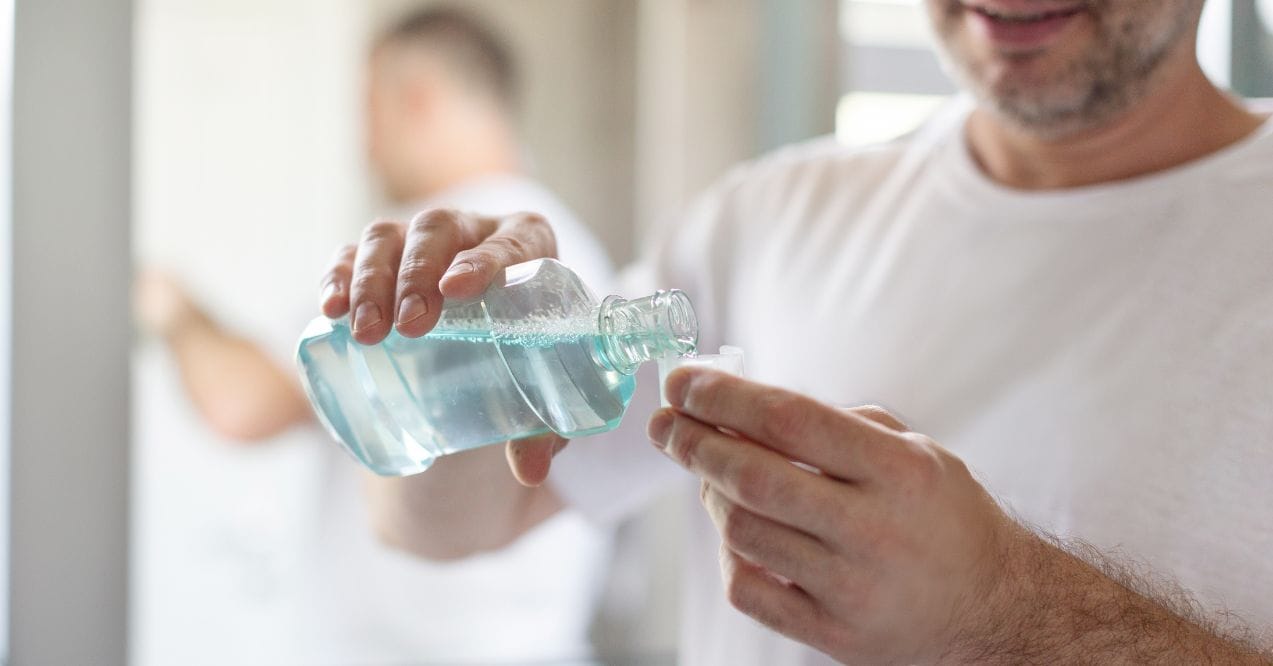
Complete your routine with an alcohol-free antibacterial mouthwash. Rinse for 30 seconds, reaching all areas of your mouth. Look for mouthwashes containing ingredients that support gum health, and use them after brushing and flossing for best results.
Remember to wait 30 minutes after using mouthwash before eating or drinking to maintain its effectiveness.
Lifestyle Changes for Healthy Gums
Learning how to restore gum health often means looking beyond just oral care routines. Your daily habits play a crucial role in maintaining healthy gums. Making strategic changes to your lifestyle can significantly support your oral health journey. Here’s how to align your daily choices with better gum health:
1. Diet Changes

What you eat directly impacts your gum health. Focus on incorporating these foods into your daily meals:
- Crunchy Vegetables like carrots and celery naturally clean your teeth while providing essential nutrients. These fibrous foods stimulate saliva production, which helps maintain oral health.
- Vitamin C-Rich Foods such as bell peppers and citrus fruits support gum tissue strength. Add these to your daily diet to maintain healthy gum tissue.
- Calcium-Rich Options including leafy greens and dairy alternatives help maintain strong teeth and gums. Try to include at least one calcium-rich food in each meal.
Limit sugary drinks and snacks, especially those that stick to your teeth. When you do enjoy them, rinse your mouth with water afterward.
2. Quitting Smoking

Tobacco use significantly affects gum health by reducing blood flow to your gum tissue. This decreased circulation makes it harder for your gums to stay healthy and strong. If you smoke, consider making a plan to quit – your gums will thank you. Many people notice improvements in their gum health within weeks of stopping.
3. Stress Management

High stress levels can weaken your body’s ability to maintain healthy gums. Try these practical approaches to manage daily stress:
- Regular physical activity, even just a 15-minute daily walk
- Simple breathing exercises during your daily routine
- Adequate sleep – aim for 7-8 hours each night
- Regular relaxation practices like gentle stretching or meditation
Remember, these changes don’t need to happen all at once. Start with one or two modifications and gradually build on your success.
Holistic Solutions for Gum Health
While there’s no magic solution for how to get healthy gums overnight, natural approaches can complement your regular oral care routine. These time-tested practices, supported by modern research, may help support your journey to better gum health:
1. Oil Pulling
This traditional practice involves gently swishing oil (commonly coconut oil) in your mouth for about 10-15 minutes. Some studies suggest this may help reduce plaque formation when used alongside regular brushing and flossing. If you’d like to try oil pulling:
- Use one tablespoon of coconut oil
- Swish gently to avoid tiring your jaw
- Perform this practice before brushing your teeth
- Never swallow the oil – always spit it out
2. Balanced Diet Approach
Supporting your body’s natural pH balance through diet might benefit your oral health. Consider these simple additions to your daily routine:
- Green leafy vegetables
- Fresh herbs
- Crisp fruits like apples and pears
- Unsweetened herbal teas
3. Probiotics and Essential Oils
Maintaining a balanced oral microbiome plays a vital role in gum health. Research shows that certain beneficial bacteria can support your mouth’s natural defense systems:
- Beneficial Bacteria help maintain oral health by supporting the natural balance in your mouth. Studies have found that specific probiotic strains may contribute to fresher breath and healthier gums.
- Natural Compounds like xylitol and zinc can work alongside probiotics to maintain oral wellness. Xylitol, a natural sweetener, helps support tooth enamel, while zinc contributes to overall oral health.
For a comprehensive approach to oral care, consider incorporating a high-quality oral probiotic supplement. Oral Health Support offers a convenient chewable tablet that combines probiotics with natural ingredients like xylitol and zinc citrate. These ingredients support healthy bacterial balance in the mouth, while peppermint oil promotes fresh breath

Oral probiotic supplements are designed to maintain oral wellness by balancing bacteria, promoting fresh breath, and contributing to healthier gums. By combining probiotics with natural ingredients, Oral Health Support provides an easy and effective way to enhance your daily oral care routine.
Remember that supplements work best as part of a complete oral care routine that includes proper brushing, flossing, and regular dental visits.
4. Vitamin C
Vitamin C plays a crucial role in gum health by supporting collagen production – the protein that gives your gums their structure and strength. This essential nutrient promotes gum tissue maintenance and stability.
You can boost your vitamin C intake through colorful fruits and vegetables. Bell peppers, strawberries, and citrus fruits are excellent sources. Eating these foods raw provides the most benefits, as vitamin C remains intact when uncooked. For optimal results, try incorporating vitamin C-rich foods into your daily meals rather than consuming them all at once.
Importance of Regular Dental Visits
Professional care plays a key role in your efforts to improve gum health. Regular dental visits offer more than just a thorough cleaning – they provide an opportunity to catch and address potential issues before they become serious problems.
During these visits, dental professionals can spot early warning signs that you might miss at home. They use specialized tools to remove hardened plaque that regular brushing can’t address, helping maintain your gum health.
Schedule check-ups every six months, or more frequently if recommended. Think of these appointments as an investment in your long-term oral health and overall well-being.
Final Thoughts on How to Strengthen Gums
Learning how to improve gum health quickly starts with simple daily actions that add up to significant results. By following proper brushing and flossing techniques, making smart lifestyle choices, and exploring natural support options, you can take control of your gum health starting today.
Remember that consistency matters more than perfection. Start with small changes, whether it’s improving your brushing technique or adding vitamin C-rich foods to your diet, and build from there. Combined with regular dental visits and proper oral care, these strategies will help you maintain healthy, strong gums for years to come.
Take that first step toward better gum health today – your smile is worth it.
Red, swollen gums that bleed easily during brushing are key signs of unhealthy gums. Other indicators include gum recession, persistent bad breath, sensitive teeth, and changes in how your teeth fit together when biting.
While gums can improve with proper care, complete regeneration depends on the extent of damage. Good oral hygiene, proper nutrition, and professional care can support gum tissue health and stability.
Gum disease is a condition where bacteria affect gum tissue health, starting with gingivitis and potentially progressing to periodontitis. It affects many adults worldwide, especially those over 30.
Poor oral hygiene, plaque buildup, and ineffective brushing techniques are primary causes. Other factors include smoking, stress, certain medications, and inadequate nutrition that affects gum health.
Early signs include tender, red gums that bleed during brushing. You might notice mild swelling along the gumline and experience bad breath that persists despite regular brushing.
Advanced periodontitis cannot be fully reversed, but its progression can be slowed with professional care and excellent oral hygiene. Early intervention and maintenance are crucial.
Brush properly twice daily, floss regularly, use mouthwash, maintain proper nutrition, quit smoking, manage stress, stay hydrated, limit sugary foods, get regular dental checkups, and use soft-bristled toothbrushes.
Oil pulling may help reduce plaque buildup and support gum health when used alongside regular oral care. The practice involves gently swishing oil in your mouth for several minutes.
Proper nutrition provides essential vitamins and minerals that support gum tissue strength and health. A balanced diet rich in vitamin C, calcium, and antioxidants helps maintain strong gums.
Sign up for our Healthy Living newsletter!
Advertisement. This site offers health, wellness, fitness and nutritional information and is designed for educational purposes only. You should not rely on this information as a substitute for, nor does it replace, professional medical advice, diagnosis, or treatment. If you have any concerns or questions about your health, you should always consult with a physician or other health-care professional. Do not disregard, avoid or delay obtaining medical or health related advice from your health-care professional because of something you may have read on this site. The use of any information provided on this site is solely at your own risk.






